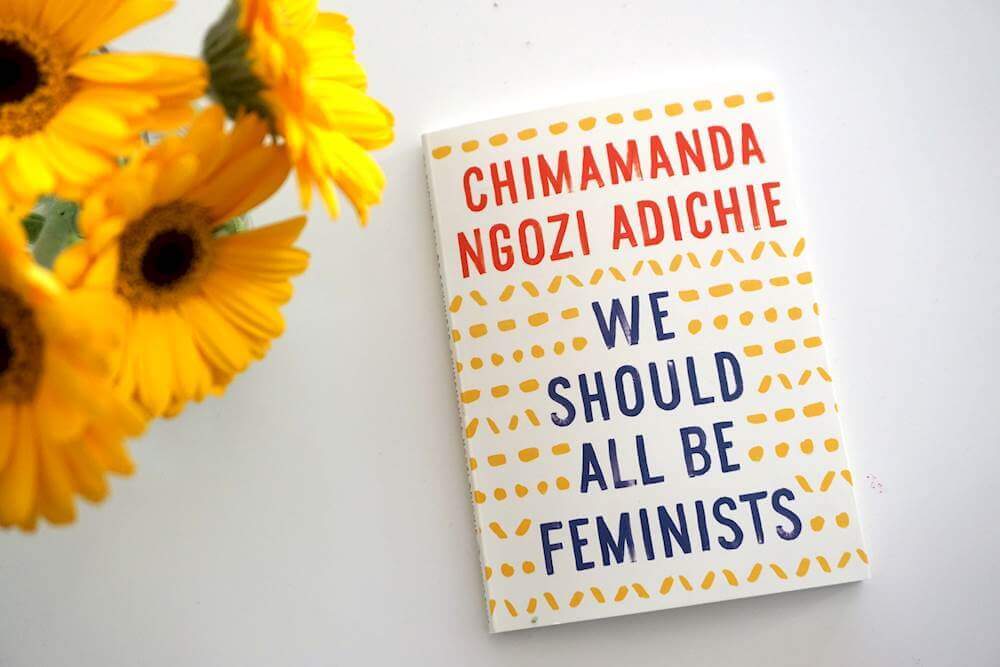“Some people ask: “Why the word feminist? Why not just say you are a believer in human rights or something like that?” Because that would be dishonest. Feminism is, of course, part of human rights in general—but to choose to use the vague expression human rights is to deny the specific and particular problem of gender. It would be a way of pretending that it was not women who have, for centuries, been excluded. It would be a way of denying that the problem of gender targets women.”
– Chimamanda Ngozi Adichie, We Should All Be Feminists
In 2013, when Adichie gave a TEDx Talk that focused on the plight of women around the world, she probably didn’t think that it would go on to be a global phenomenon, surpassing her first Ted Talk The Danger of the Single Story. When the same talk was sampled by American singer Beyonce Knowles in her song Flawless, it exposed Adichie, the award-winning author of Purple Hibiscus, Half of a Yellow Sun and Americanah, to an even wider audience, one beyond the expansive one in which she is known.
We Should All Be Feminists which started as a call-to-action for equal opportunity and treatment of females became a strong Literary Movement after her talk was adapted into a less-than 50-page book, establishing Chimamanda as the gender equality advocate that her works posit her to be.
Going beyond the work of art that it is, Chimamanda, combining We Should All Be Feminists with her essay on How to Raise a Feminist Daughter, has created a catalyst for Feminism –especially among African women. She’s turned the literary movement into a Social Campaign that brings home the point she’s being raising. This social campaign #WeShouldAllBeFeminists highlights banner-raising, firm-believers standing up with Placards of Lines and Quotes from the Dear Ijeawele essay.
I matter equally. Not ‘if only.’ Not ‘as long as.’ I matter equally. Full stop.
——–
‘Because you are a girl’ is never a reason for anything. Ever.
Adichie has shined a light, not only on blatant discrimination, but also the more insidious, institutional behaviours that marginalise women around the world, in order to help men and women of all walks of life better understand the often masked realities of sexual politics.
It shouldn’t be the responsibility of just women to defend themselves against a system that is outdated and hostile to them; it’s the responsibility of everyone, of every gender, to begin to recognise the hypocrisy and violence that’s evident in that system, and to move in the direction of positive change.
As she says, “All of us, women and men, must do better.”
“We Should All Be Feminists” is more than a literary movement, it is a movement that involves all of us.
Featured image via The Odyssey Online.

